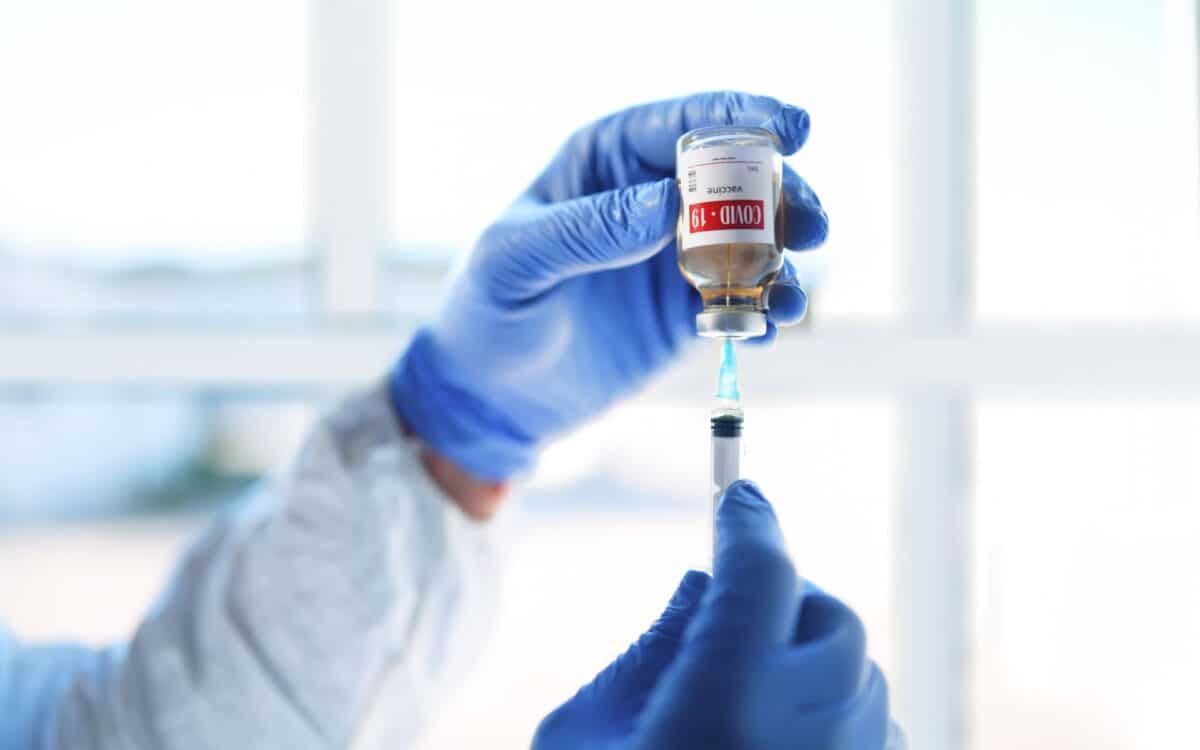The United States is tightening its approval standards for COVID-19 boosters, a shift that has prompted growing concern in Australia over possible implications for future access to the COVID-19 vaccine.
Experts are watching closely as regulatory decisions in one of the world’s leading pharmaceutical markets could influence supply chains, production priorities, and public attitudes far beyond US borders.
In a detailed analysis published by SBS News, commentators pointed to broader consequences that may reach Australia, particularly in terms of cost, availability, and political perception.
While Australian regulators assert their independence, some fear these changes may still shape domestic vaccination strategy.
Changes in Us Policy Reshape Global Vaccine Landscape
The US Food and Drug Administration (FDA) has announced that annual COVID-19 boosters for healthy individuals under 65 will now require new clinical trials, including placebo-controlled studies.
This marks a departure from past approvals based on immunogenicity data. The shift follows a joint editorial in the New England Journal of Medicine by FDA Commissioner Marty Makary and top vaccine regulator Vinay Prasad.
They argued that the long-term benefit of repeated annual shots for healthy adults is uncertain.
In a live-streamed presentation to FDA scientists, Prasad explained:
We want to know more about what these products are doing, especially as we enter the seventh, eighth and ninth dose.
He added:
At-risk Americans can be reassured that they will be covered by such approvals. At the same time, we want more evidence at the US Food and Drug Administration.
The FDA’s position also reflects concern that the US has been an outlier among high-income countries in recommending yearly boosters for all healthy adults.
Australian Experts Voice Ethical and Public Health Concerns
Australian infectious disease expert Paul Griffin, associate professor at the University of Queensland, called the FDA’s decision “absurd” and potentially dangerous for public health.
Restricting access to vaccines can only increase the impact of COVID-19 – he said.
If we restrict vaccines to people over 65, as appears to be the case in the US, there’s a whole host of people who may get a more significant infection who won’t have the option to be protected.
Griffin emphasized that severe outcomes are not limited to high-risk groups:
While people with co-morbidities and the elderly are typically more vulnerable, the unfortunate reality is severe disease isn’t restricted to those groups.
He also criticized the FDA’s requirement for placebo-controlled trials in approved vaccines:
If we’re looking at improving or updating vaccines, we don’t typically go back to including placebos because essentially it’s unethical to do so.
If there’s a vaccine already approved, there’s a reason that’s the case. And so then to enrol people in a clinical trial and basically restrict them from receiving what would be considered best practice is actually unethical.
Typically, when we’re improving vaccines, we include the current standard of care, the approved vaccine rather than a true placebo.
Political Factors and Staffing Shakeups Fuel Skepticism
Griffin warned that anti-vaccine sentiment and political influence in the US could be driving regulatory changes. He highlighted the role of Robert F. Kennedy Jr., known for his opposition to vaccines, who now serves as US health secretary and oversees the FDA.
The article also notes that 20,000 employees have exited the department, aligned with a broader federal downsizing agenda under Donald Trump’s direction.
These developments, Griffin fears, could influence other countries, including Australia, if politicians or segments of the public begin to mirror US attitudes:
The fear that I have is that people, the public and certain politicians are already aligning with some of those concerning things that are happening abroad, including in the US, and may call for these sorts of things to happen and further undermine their confidence in vaccines.
Economic Consequences for Australia’s Vaccine Supply
Roger Lord, senior lecturer at the Australian Catholic University, warned that the FDA’s decision could have financial and logistical impacts for Australians seeking vaccination.
When it comes to any drug or vaccine, when it’s going through the regulatory process, the most expensive and time-consuming component of testing is actually clinical trials – he said.
The pharmaceutical companies that manufacture these vaccines — they’re going to have to pass on those costs associated with that clinical trial back onto the consumer to recover those costs.
As a result, companies may limit production:
If they work out their profit margins are not going to be significant enough to produce more vaccines, it would potentially affect the supply chain in Australia.
These companies are profit-driven like any business and are working in the best interest of shareholders.
TGA Stands Firm, but Hesitancy Remains a Threat
Australia’s Therapeutic Goods Administration (TGA) has stated that it does not follow the FDA’s lead automatically. A spokesperson explained:
While the TGA does work closely with international counterparts, including the United States Food and Drug Administration (US FDA), the TGA independently reviews the data and makes its own decision based on the evidence provided by the sponsor, and within the Australian context.
They added that the TGA does not conduct clinical trials and cannot compel a sponsor or manufacturer to do so. Despite concerns, the government has confirmed that COVID-19 boosters will remain free in 2025 for eligible individuals.
Griffin expressed confidence in the TGA’s scientific rigor:
I really doubt that the TGA will because they’re a tremendously reputable regulatory body and they do engage a lot of genuine expertise to make the recommendations that they do.
Yet he warned that political rhetoric and vaccine skepticism could erode public trust in the long term — not only for COVID-19 boosters but for vaccines more broadly.









